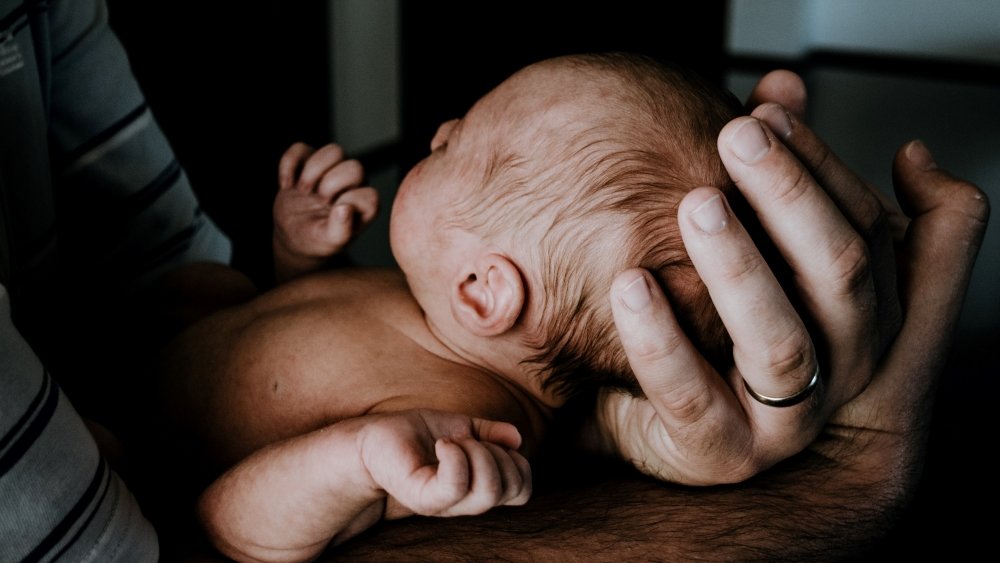Children born of war in Ukraine: Policy considerations for a future peace
The war in Ukraine has had devastating consequences for children. A crucial yet often overlooked group is children born of war (CBOW), whose parents are from opposing sides and who are often conceived through conflict-related sexual violence. These children could be seen as symbols of the ‘enemy’ in a post-conflict landscape, potentially making them more vulnerable. The EuroWARCHILD team, together with two research assistants, published a policy brief on this matter with PRIO. (Photo: Mathias Reding via unsplash)
Children Born of War: Considerations for Policymakers
The voices and experiences of children born of war are notably absent from ongoing research and policy discussions, highlighting a significant gap that needs to be addressed, as Ingvill C. Ødegaard and Emily Prey do in a new dossier. (Photo by Justice and Reconciliation Project)
The Normative Framework Behind the (Non-)Recognition of Children Born of War in International Criminal Law
This article traces the normative development in international criminal law on children born of war (CBOW). In a historical cross-contextual approach, primary and secondary sources, and particularly jurisprudence of international criminal courts from 1945 to today, are interpreted in reference to political psychologist Inger Skjelsbæk’s epistemology conceptualising conflict-related sexual and reproductive violence as carrying essentialist, structuralist and socio-constructivist implications.
Children and Youth at Risk in Times of Transition. International and Interdisciplinary Perspectives
The edited volume „Children and Youth at Risk in Times of Transition. International and Interdisciplinary Perspectives” edited by Baard Herman Borge, Elke Kleinau and Ingvill Constanze Ødegaard was published online by De Gruyter. The book includes chapters by EuroWARCHILD team members Ingvill Constanze Ødegaard and Lina Stotz.
Bridging the Divide Between Research and Policy
The growing attention to CBOW in research and advocacy has contributed to a greater awareness of this group . Yet, there are clear discrepancies between how CBOW are conceptualized by academics and how they are approached by policy makers. This divide risks hampering the support CBOW urgently need.
Image by Andy Nelson via flickr. https://www.flickr.com/photos/andynelson/
Don’t Forget the Children Born of War in Ukraine
Over nine months have passed since Russia’s attack on Ukraine. Several of the first Ukrainian women who became pregnant as a result of wartime sexual violence have now given birth to children who were conceived as a result of this violence. More will be born in the coming months.
Photo: Kelly Sikkema / Unsplash
The Emergency of Rape Survivors and their “Children Born of War”
After being systematically raped by Russian soldiers, countless Ukrainian women are now becoming mothers. The “Children Born of War” might face a multitude of problems that should be addressed now.
Doing or not doing harm? Ethical issues in researching Children Born of War
The processes of collecting, analyzing, and reporting data that involves Children Born of War (CBOW) require the respect and protection of these children by observing the ethics of research with minors, as Norman Mukasa and Ingvill C. Mochmann write in a new blog post. (Photo by Norman Mukasa)
Children Born of War Should be More Than an Afterthought
A recent UN report published by the Secretary General in late January is one of the first to focus exclusively on women and girls who become pregnant as a result of sexual violence in conflict and on children born of war.








